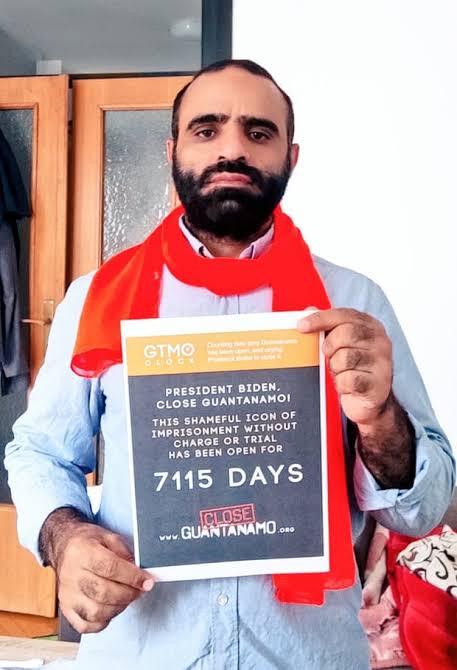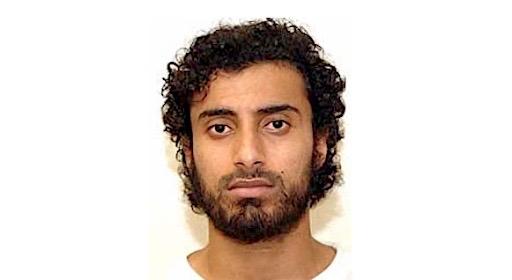El Salvador: Widespread Abuses Under State of Emergency
After interviewing more than 1,100 victims (or their relatives) of the government’s State of Emergency, Cristosal and Human Rights Watch released in December 2022 an 89-page report, “‘We Can Arrest Anyone We Want’: Widespread Human Rights Violations Under El Salvador’s ‘State of Emergency’” , which documents mass arbitrary detention, torture and other forms of ill-treatment against detainees, enforced disappearances, deaths in custody, and abuse-ridden prosecutions. President Nayib Bukele’s swift dismantling of judicial independence since he took office in mid-2019 enabled the abuses. Human Rights Watch and Cristosal have not been able to identify any meaningful investigations into the hundreds of allegations of human rights violations committed during the State of Emergency.
Since the State of Emergency (aka State of Exception) was declared in El Salvador in March of 2022, the country has seen thousands of power abuse cases by the military and other security forces. Many arbitrary arrests appear to have been driven by a policy of “quotas” imposed by commanders in the National Civil Police, according to police officers. Between March and November 2022, security forces arrested more than 58,000 people:
-1,600 children
-hundreds of arrests without connections to gangs
-51,000 in pre-trail detention
-a spike in the prison population from 39,000 in March 2022 to 95,000 in November 2022
-overcrowded cells with up to 125 prisoners in cells constructed for 30
-90 deaths in prison without investigation
-up to 500 sentenced in unjust mass judicial processes.
These circumstances are fueled by authorities requiring certain numbers of daily arrests, intimidating independent judges who are trying to investigate human rights violations, and stigmatizing independent journalists and civil society groups. This paired with the lack of access to lawyers makes for a system in which no one is safe from unjust arrests.
More and more voices are calling for alternative strategies to fight organized crime. Civil society groups and activists criticize the government’s failure to:
-invest in prevention and reintegration
-address illegal economies helping gangs
New strategies would include tackling root causes of gang membership, such as:
-high levels of poverty
-social exclusion
-focus criminal persecution on high level gang leaders.
State violence and mass arrests are only two of the ways in which the Salvadoran government is crushing down on its population. Civil society groups are calling for international support for independent journalists and grassroots organizing groups that are under attack. Furthermore, the groups call on the international community to suspend existing loans involving the National Civil Police, armed forces, the Attorney General’s Office and the prison system.
Read the full report at https://www.hrw.org/report/2022/12/07/we-can-arrest-anyone-we-want/widespread-human-rights-violations-under-el
------------------


